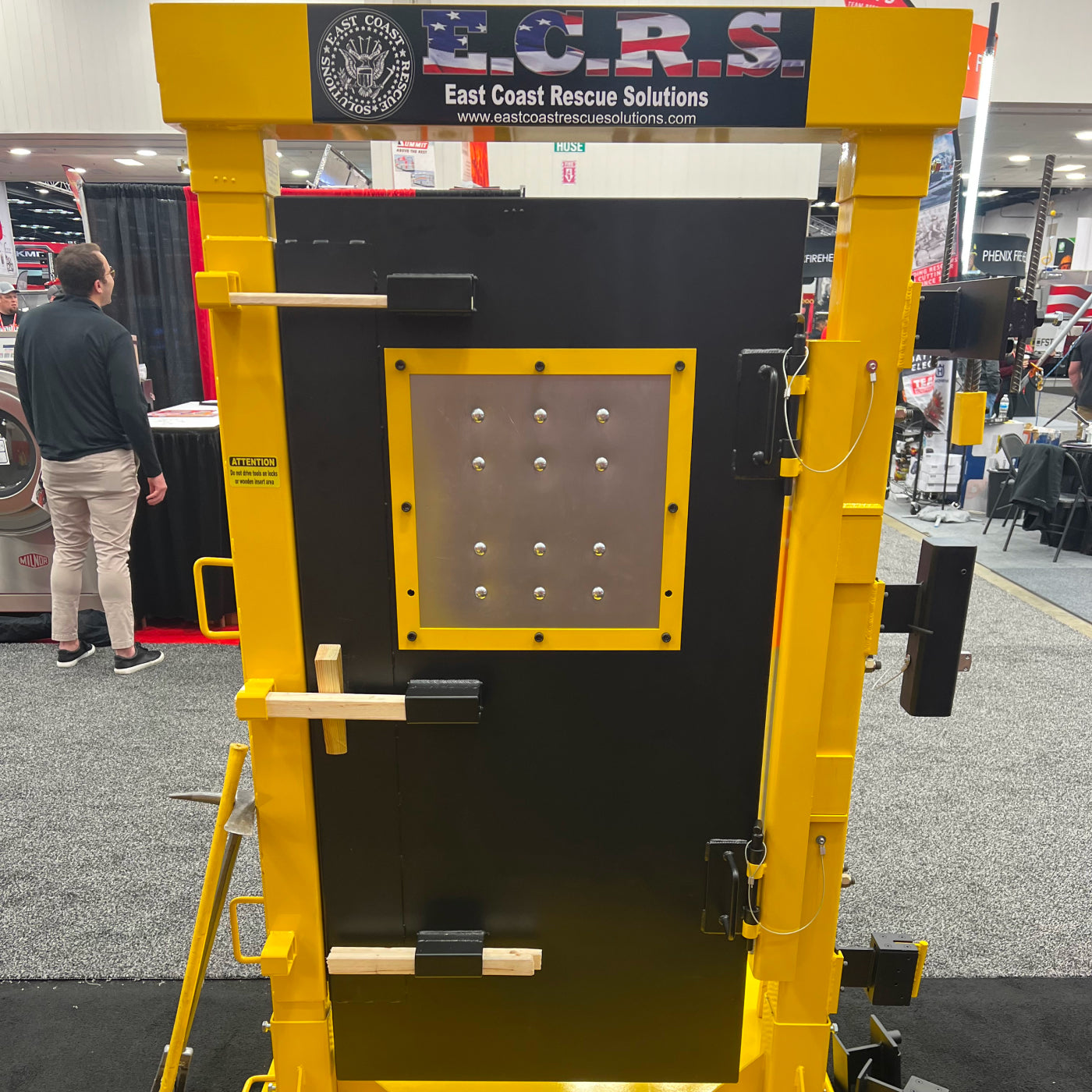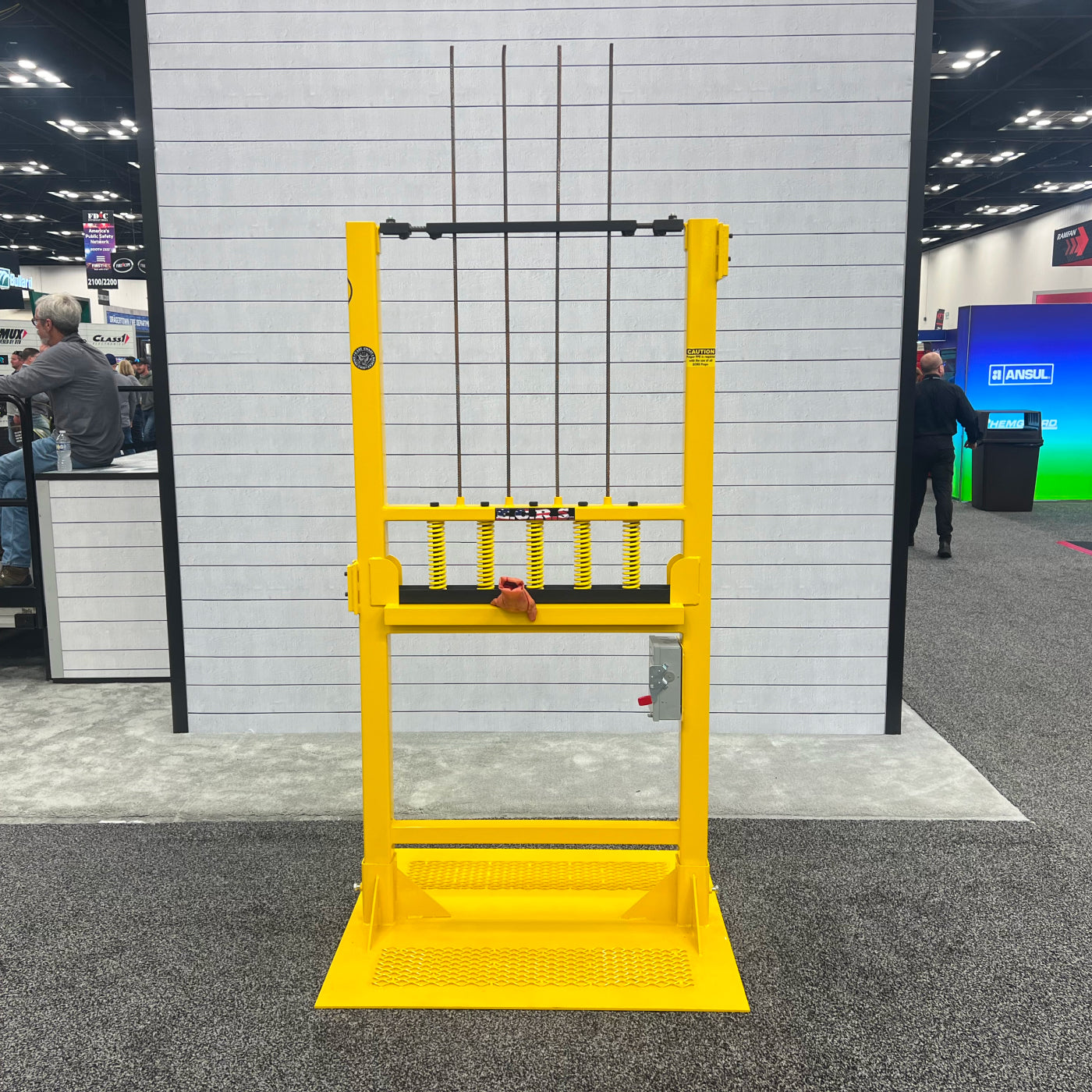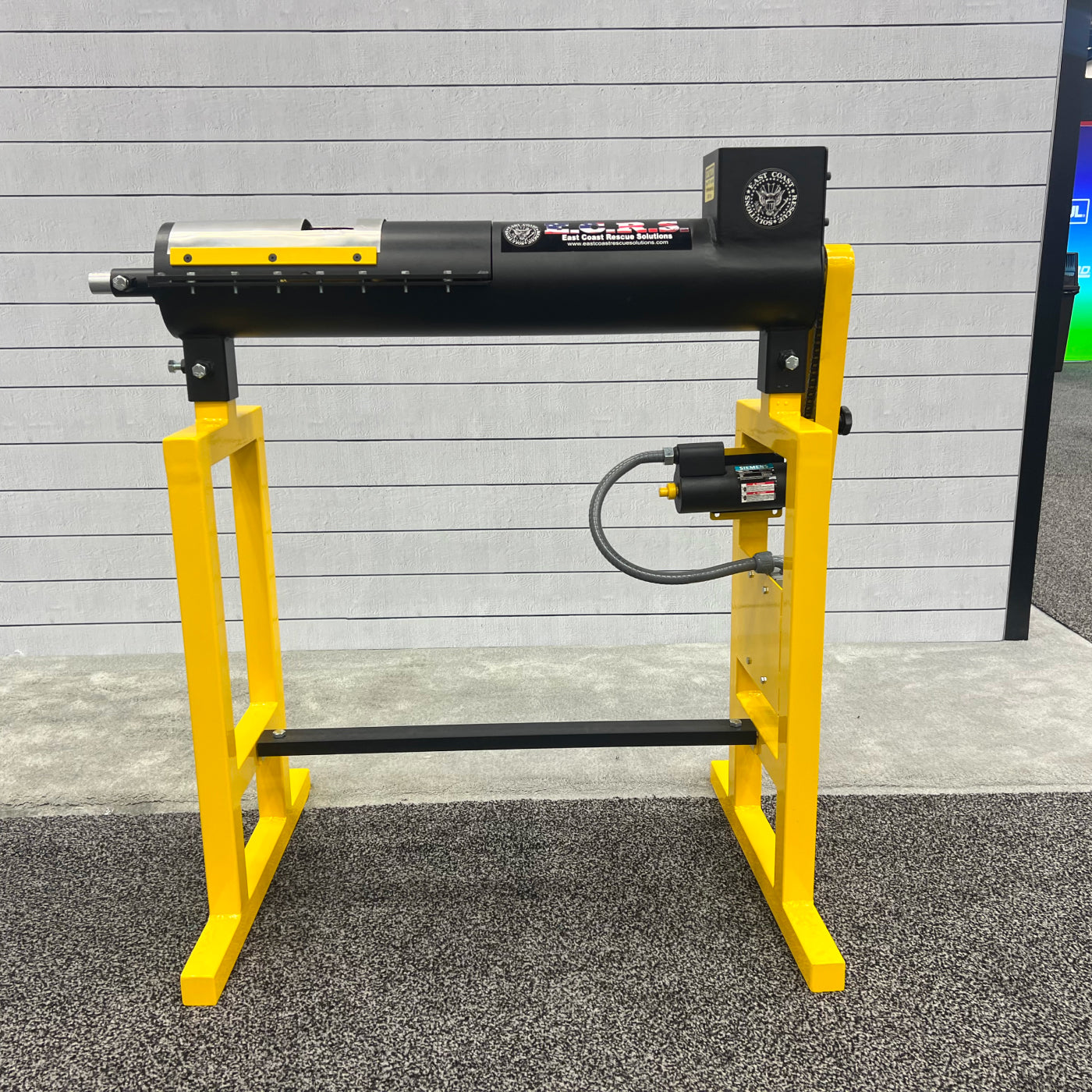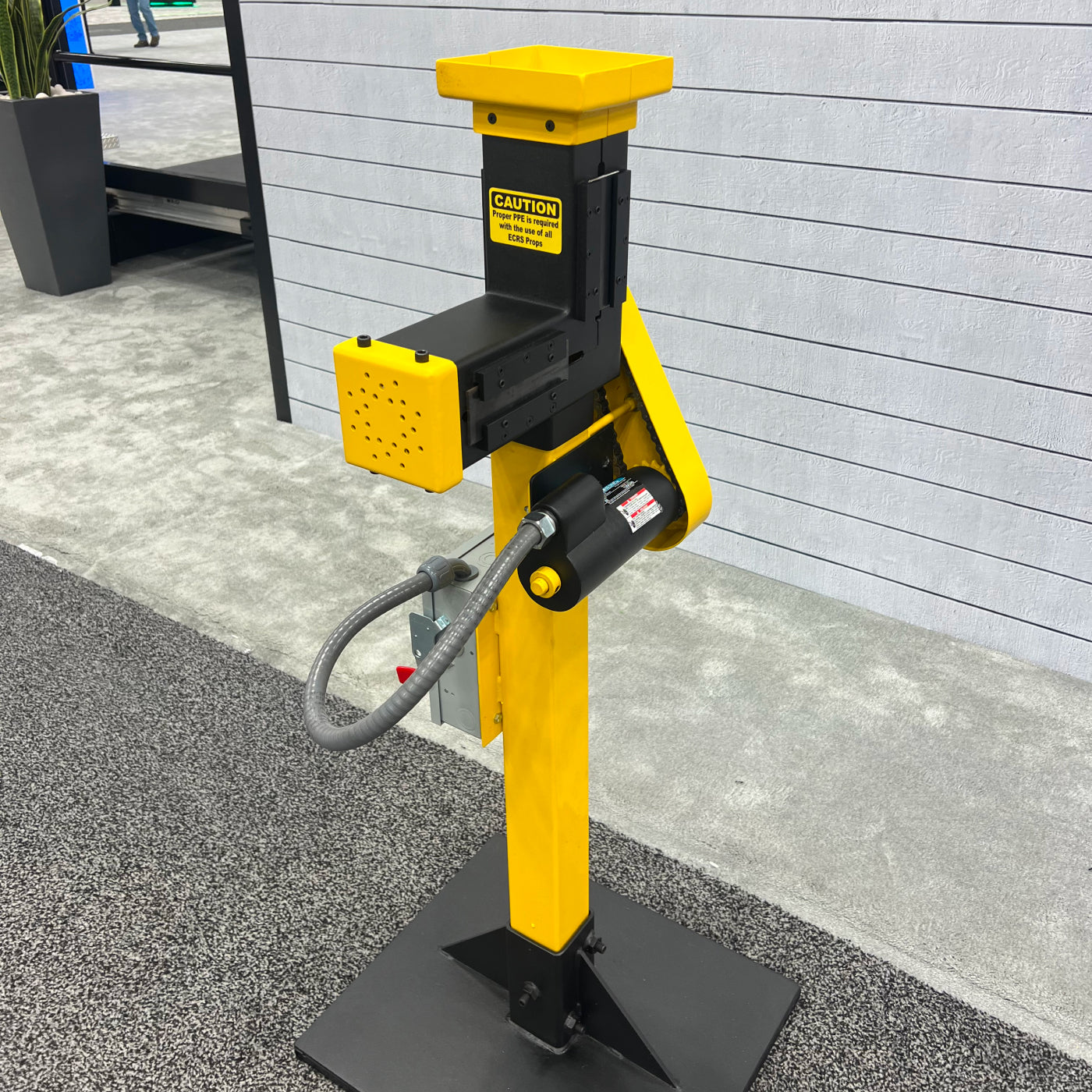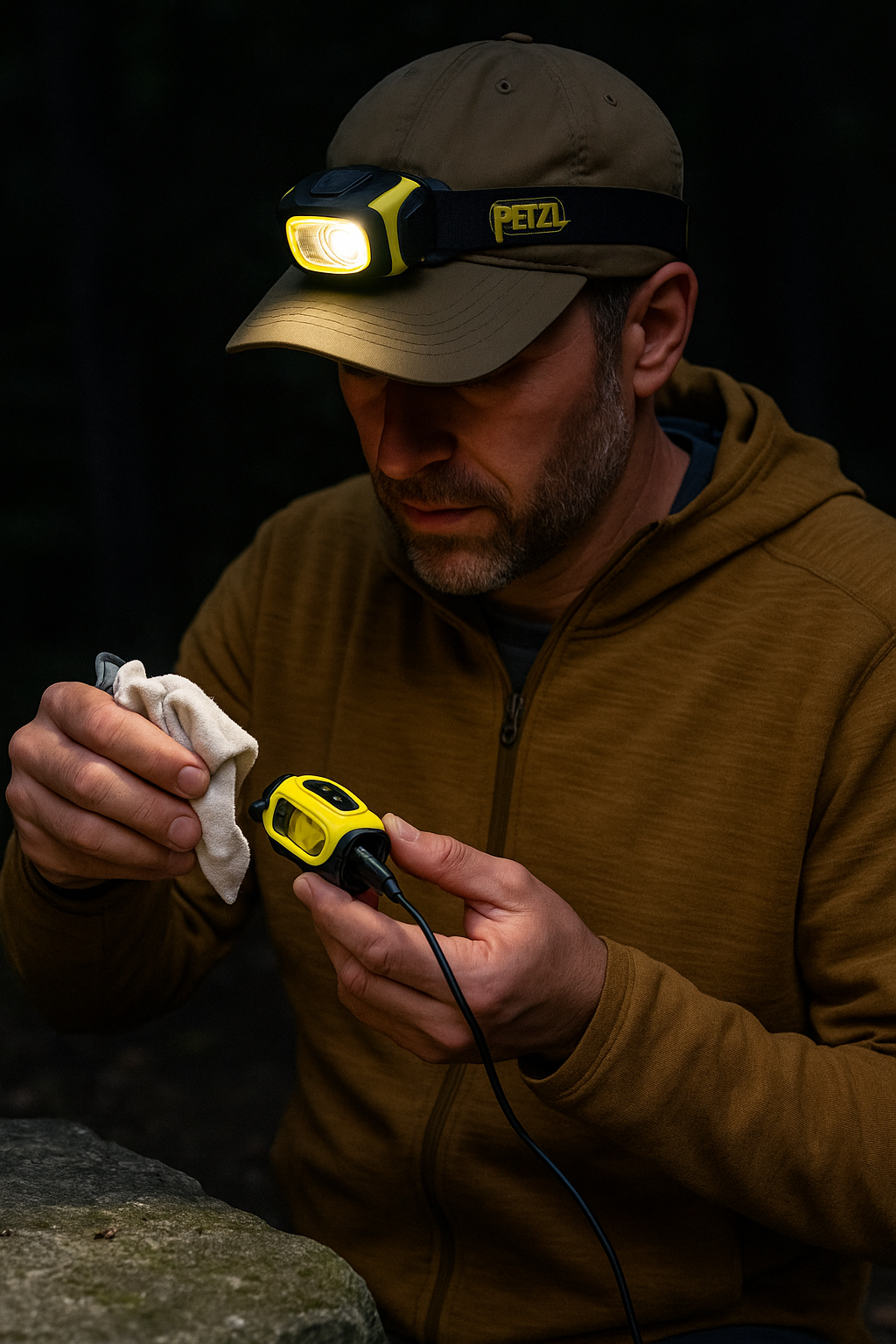Every pro has faced the same question: should you go rechargeable or stick with batteries? Both options have clear advantages — and your choice should depend on how, where, and how often you work.
Rechargeable: Smart, Efficient, and Built for Daily Use
Rechargeable headlamps like the Petzl PIXA 3R and SWIFT RL PRO use lithium-ion batteries that last hundreds of cycles. They provide consistent brightness from start to finish — no fading beam halfway through a shift.
Advantages:
-
Lower long-term cost
-
Environmentally responsible
-
Consistent light output
-
USB charging for convenience
They’re ideal for daily users who can recharge at a base or station.
Battery-Powered: Simple and Always Ready
Models such as the PIXA 1, PIXA 2, and TACTIKKA +RGB run on AA or AAA batteries — easy to find anywhere in the world.
Advantages:
-
Instant swaps when power runs low
-
Perfect for field deployment or emergencies
-
No downtime for charging
They’re a favorite for users working remotely or rotating shifts without reliable power access.
Hybrid Strategy: The Professional Sweet Spot
Many organizations pair the two systems — rechargeable lamps for primary use and battery-powered models for backups or secondary kits. This ensures coverage during long operations, travel, or power outages.
Total Cost of Ownership (2-Year View)
|
Model Type |
Upfront Cost |
Ongoing Cost |
Ideal User |
|
Rechargeable (PIXA 3R, SWIFT RL PRO) |
Higher |
Low |
Daily professional |
|
Battery (PIXA 1/2, TACTIKKA +RGB) |
Lower |
Moderate |
Field or remote worker |
Bottom Line
Rechargeable headlamps make sense for full-time pros; replaceable batteries win for flexibility.
Either way, choosing Petzl means you get consistent brightness, ergonomic design, and proven safety — the things that matter when your light can’t fail.

